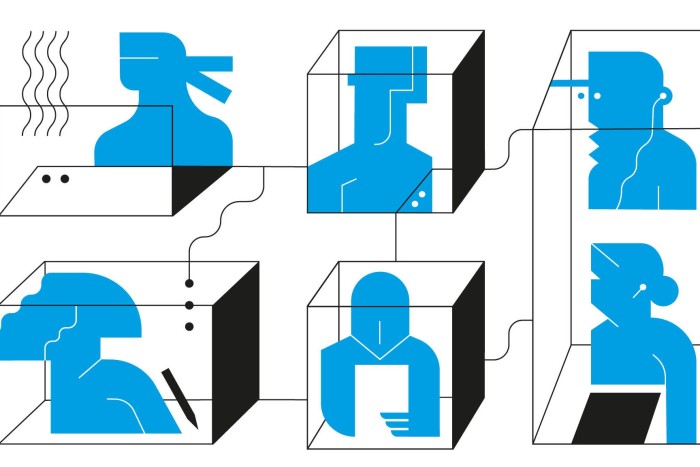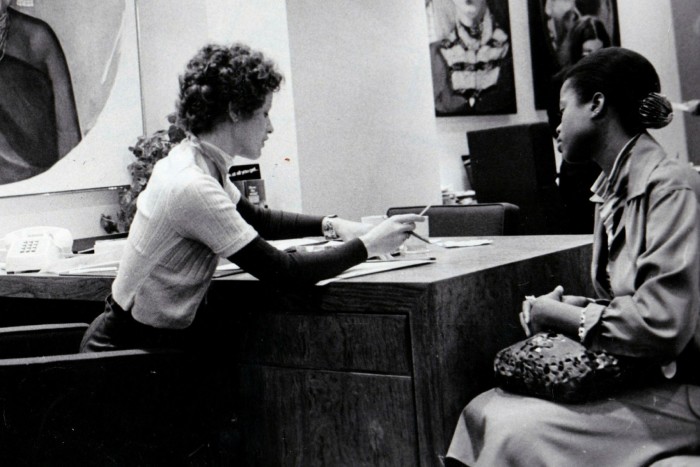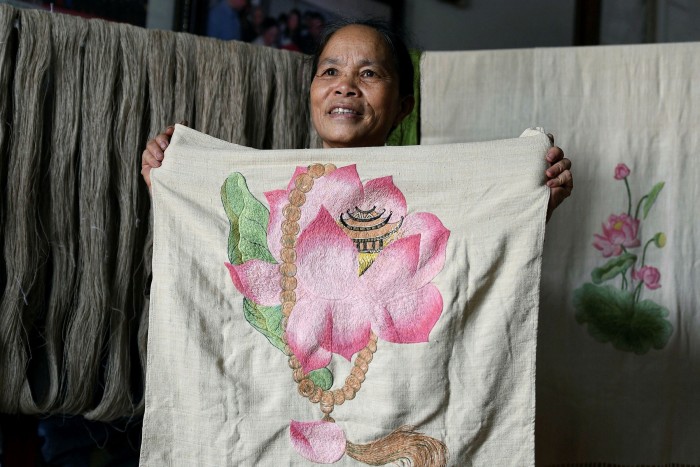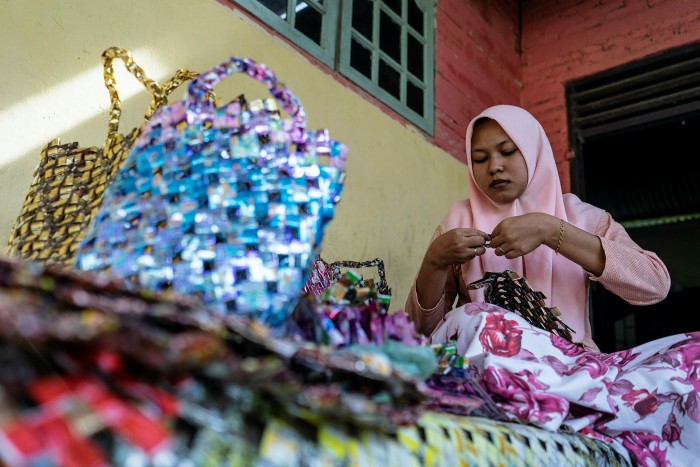It’s time to end the male monopoly in international trade | Free to read

Roula Khalaf, Editor of the FT, selects her favourite stories in this weekly newsletter.
International trade is a male monopoly. According to the International Trade Centre, 99 per cent of trade and 99 per cent of procurement contracts, whether from governments or companies, are controlled by men.
International data sets show economic gender inequality is visible in every country and in every domain of the economy. Uniquely gendered structural mechanisms enforce the disparities across the whole world system.
A mushrooming number of studies — large-scale statistical analyses and rigorous scientific investigations — further show that this lopsidedness reduces GDP significantly, while perpetuating poverty, hunger, slavery, and violence of all kinds, as well as geopolitical and economic instability.
A growing global movement, called “women’s economic empowerment”, has studied gender-specific economic constraints and has tested solutions for more than a decade. Some of the most distinguished institutions have joined, including international agencies, global charities, foundations, and multinational corporations.
I have been part of this movement from its beginning, specialising in private sector solutions. In 2014, I formed the Global Business Coalition for Women’s Economic Empowerment, whose members now include Coca-Cola, ExxonMobil, Goldman Sachs, Marks and Spencer, Mastercard, Mondelez, Procter & Gamble, PwC, Qualcomm, UPS, and Walmart.
Rebooting the workplace

Prominent thinkers, policymakers and workplace experts examine the biggest questions of the post-pandemic moment — what will the future of work look like and how do we build it?
This is our big chance to create better workplaces
A radical prescription to make work fit for the future
Leaders must commit to change if diversity is to work
September 28: Work-life balance in the post-pandemic workplace
October 5: What is the new model for corporate leadership?
October 12: How do we make offices work for people?
October 19: Do we need workplaces?
These companies have worked together to learn how best to bring women into full economic participation, especially via integration into the world’s value chains. Better inclusion of women, they found, also brought unexpected business benefits: enhanced productivity, better employee retention, increased innovation, reduced costs, and improved government relations were just a few.
This multinational coalition found that important insights come from understanding how myriad constraints intertwine to form a solid barrier to women’s participation — and that successful responses can follow from those lessons.
To win a large contract from a company or government, for instance, a supplier must reliably produce large volumes that meet quality and safety standards. This takes capital — women typically have little access to this resource. Without capital, women can’t buy materials, get credit, hire people, purchase machines, keep up with technology, bring innovations to market, or otherwise enter the international arena to the degree that men can.

Women’s limited control over capital is not a function of free choice or intrinsic inadequacy, but is rooted in a worldwide structural exclusion. For 4,000 years, females have been forbidden, usually by law, from owning land. This exclusion has been so powerful that men now own more than 80 per cent of the world’s surface. Men have rolled up their near-monopoly on land to a near-monopoly on capital — and virtually total control over trade.
Women were excluded from the financial system when it was invented. Only in the 1970s did women in the west win the right to have bank accounts and credit cards in their own names. Now, many efforts are under way to open bank accounts for women in developing countries and to help them access credit. Everywhere, however, women confront bankers’ exclusionary behaviour. So, programmes have been developed to teach banks to drop their bias against women, as well as to reduce their perceived risk using international guarantees. Experience has already shown that banks’ negative beliefs about female customers are unfounded.

Women have been socially secluded for most of world history and, in many countries today, they still can’t leave home without male permission. Out in the world, women are subject to violent attack while doing business or commuting —#MeToo affects even global commerce. Indeed, research shows women are more likely to experience corruption, especially at customs, including demands for sexual favours.
Male-only groups have monopolised commerce since the first guilds were formed. Women were strictly excluded; exceptions were few. Today, women are still shut out of trade groups and agricultural collectives. Even where they are not formally excluded, women are pushed out by bullying. Gendered exclusion from networks denies women the partnerships essential to operation and growth, while also denying them information that, in turn, makes them more vulnerable to cheating by customers and suppliers.

Structural elements combine to exclude women from trade by reducing the resources available to them, restricting their ability to participate, limiting their information access, increasing their costs, making them less competitive, and cutting off partnerships.
This total system has strongly advantaged men throughout the whole economy. Any reform that does not explicitly address the gender restrictions will only replicate the existing inequality: men will take advantage of new programmes and women will not be able to. No “gender neutral” plan will succeed.
If we, as a global community, instead worked together to eliminate gendered restrictions on economic activity, a cascade of benefits would result and suffering would be substantially reduced. By supporting the women’s economic empowerment movement, leaders and organisations can take concrete steps towards peace and prosperity for all.
Linda Scott is Emeritus DP World chair for entrepreneurship and innovation, Saïd Business School, University of Oxford and author of the FT/McKinsey Business Book of the Year longlisted “The Double X Economy: The Epic Potential of Empowering Women”
Letter in response to this article:

Comments